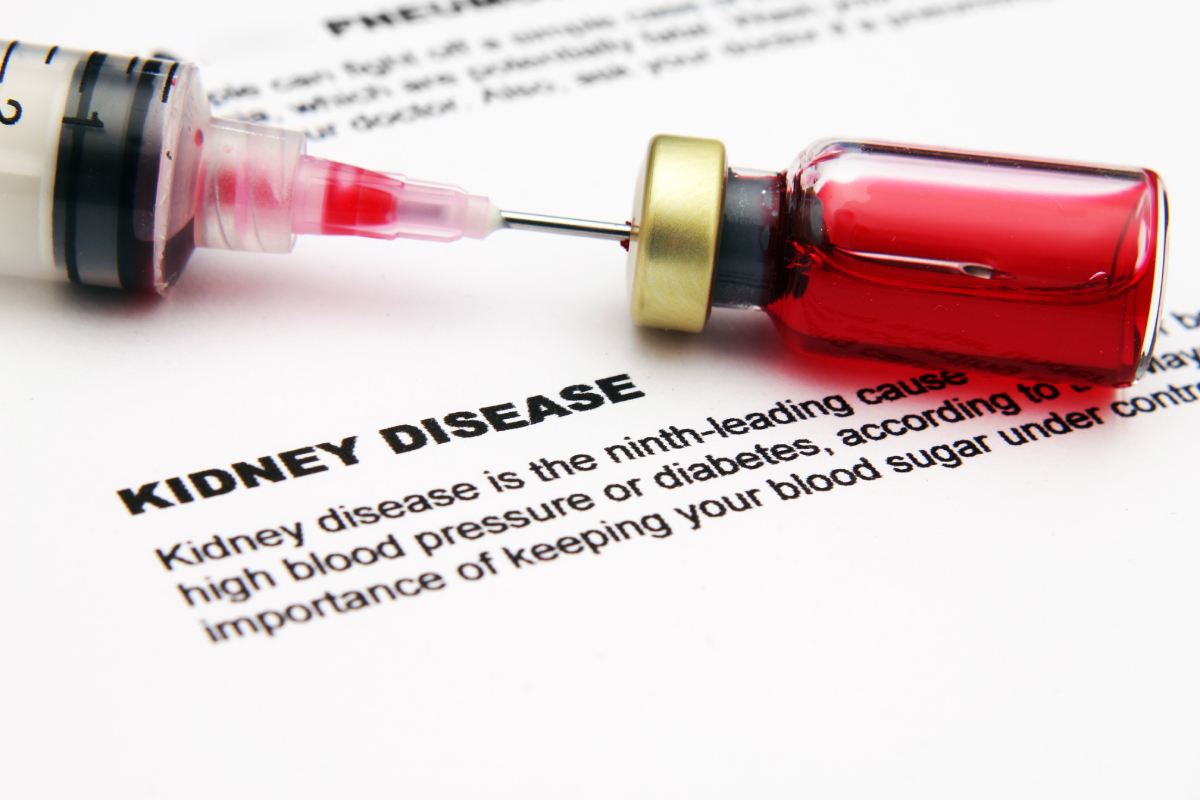NEW DELHI: A quack doctor’s ‘prescription’ for diabetes led to the renal failure of a middle-aged woman in Jharkhand’s Ranchi.
Sita Devi, 48, consumed the raw gallbladder of rohu fish for three days to cure her diabetes on the advice of a quack doctor.
However, instead of being cured of diabetes, things turned out worse for Sita Devi, as she suffered severe nausea and vomiting.
As her condition deteriorated, her family brought her to Delhi and admitted her to the Sir Ganga Ram Hospital, where she was diagnosed with renal failure due to fish bile poisoning.
“She was admitted to the Department of Nephrology, where she underwent two sessions of hemodialysis. Her kidney biopsy revealed severe inflammation. She was started on high-dose steroids with supportive treatment,” hospital sources told The New Indian.
“It took seven days for her kidney to recover. She was discharged with normal kidney function after two weeks,” the source said.
According to Dr (Prof) AK Bhalla, Chairman, Department of Nephrology, Sir Ganga Ram Hospital, “It is important to note that the risk of kidney injury is not limited to these two species of fish and can also occur with the consumption of gallbladder from other types of fish.”
“I recommend avoiding the consumption of raw fish gallbladder altogether to prevent potential health risks. Fishes naturally produce high levels of bile in their digestive systems, which can be harmful to humans when ingested in large quantities,” Dr Bhalla added.
The bile contains a toxin called cyprinol, which has been shown to cause kidney damage in humans. Symptoms of fish bile-associated kidney injury can include abdominal pain, vomiting, and decreased urine output. In severe cases, the condition can lead to kidney failure and even death.
According to Dr Vaibhav Tiwari, consultant, Department of Nephrology, Sir Ganga Ram Hospital, “To prevent fish bile-associated kidney injury, we recommend avoiding consuming fish that are known to have high levels of bile.”
“It is also important to ensure that fish is properly prepared and cooked thoroughly, as this can help to reduce the levels of toxins present in the fish,” Dr Tiwari added.
Raw fish gall bladder consumption is a common practice in certain regions of Asia, including India, particularly eastern and southern India. It is traditionally believed to cure diabetes mellitus, bronchial asthma, arthritis and visual disturbances, among others.
The most commonly implicated fish species are the Rohu (Labeo rohita) and the Catla (Catla catla), which are both commonly consumed in many parts of the country.










